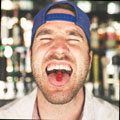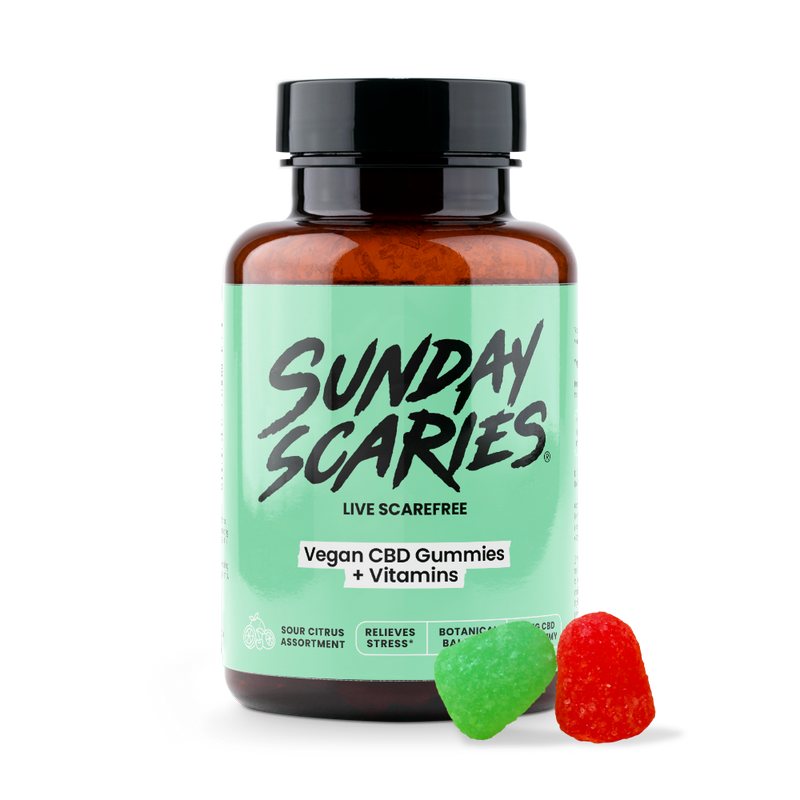
Post-Concert Depression: How to Overcome it
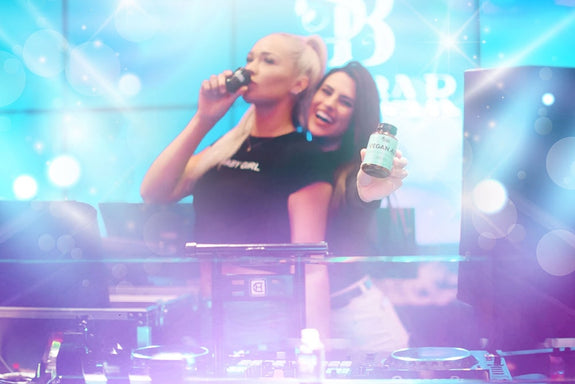
It's a feeling many concert-goers face when the music stops. We’ll explore why this happens and how to overcome the quiet that follows the encore.
Key Takeaways
- Post-concert depression is a real but temporary feeling of sadness after a live event, often due to the drop in pleasure-inducing brain chemicals like endorphins and dopamine.
- Classic symptoms of post-concert depression include feelings of emptiness, disinterest in usual activities and physical symptoms like fatigue, but they’re typically short-lived and less intense compared to clinical depression.
- You can beat the post-concert blues by practicing self-care, connecting with other fans, booking more shows and seeking professional help if your symptoms are severe or long-lasting.
What is Post-Concert Depression?

Post-concert depression (also known as PCD or the Post-concert blues), though not clinically recognized, is a genuine emotional state characterized by feelings of sadness and disconnection from the world, following the high of attending a much-anticipated concert.
It’s that melancholic phase where you miss and yearn for the concert experience again, paired with the angst of needing to return to "normal life".
This type of depression often stems from what experts call preemptive anticipation, where individuals rely on future events, like concerts, to provide emotional stability and set high expectations for these events to be life-changing.
The symptoms of this depression are similar to those of clinical depression, such as sadness, heightened negative emotions and a lack of interest in usual activities. However, these symptoms are typically milder and short-lived, underlining the difference between post-concert depression and clinical depression.
Identifying Symptoms of Post-Concert Blues
Symptoms of experienced post-concert depression can vary from person to person, but they often include:
- Feelings of sadness or emptiness
- Heightened mood fluctuations
- Fear that the future won't live up to the live music memories
- Disinterest in activities
- Trouble concentrating and making decisions
- Feelings of worthlessness
- Inability to cope with "normal life"
- Inability to find joy in your regular routine
- Physical symptoms such as fatigue, energy depletion, sleep disturbances and appetite changes.
How severe these symptoms are can be linked to your level of anticipation and emotional connection to the concert experience.
The more emotionally invested you were, the harder it can be to relish everyday activities post-event.
So, if the big event features your favorite artist, when the show ends the Post-concert depression can hit event harder.
A longing for the shared experience and community felt during the concert may exacerbate these feelings, along with the consumption of drugs and alcohol.
The Science Behind Post-Concert Depression

But what exactly is the scientific explanation for post-concert depression? It’s all about the brain’s response to pleasure.
During enjoyable activities such as concerts, the brain produces endorphins and dopamine, chemicals that induce feelings of pleasure and happiness.
Research indicates that dopamine levels can increase when individuals listen to music they enjoy, indicating a significant boost in reward and pleasure during live events.
In a study in the National Library of Medicine called Dopamine modulates the reward experiences elicited by music it was concluded that "the present findings show a causal role of dopamine in musical pleasure and shed light on the role of the human dopaminergic system in abstract rewards."
To make things less exciting, once the concert ends, neurotransmitter levels drop often resulting in feelings of sadness or emptiness. This is a stark contrast to the feeling of exhilaration experienced during the event.
The intensity of engagement and enjoyment at live concerts can make the return to everyday life seem unexciting by comparison, which leads concert-goers to feel depressed once the music stops.
Clinical Depression vs. Post-Concert Depression
Distinguishing between clinical depression and post-concert depression is vital, as they represent different aspects of the clinical phenomenon of depression.
While both may involve negative thoughts and feelings, post-concert depression typically involves intermittent intensity related to the event, whereas in clinical depression, these thoughts are persistent and pervasive.
Symptoms of clinical depression must last for at least two weeks and often persist much longer, in contrast to post-concert depression symptoms which typically resolve within a few days.
Also, clinical depression symptoms interfere significantly with daily activities and cause distress, which is typically not the case with the transient feelings of post-concert depression.
So, if you're wondering "is post concert depression real?" the answer is a firm yes. But most people are able to cope with the symptoms without professional help.
Post-Concert Depression vs. Hangover Depression

Post-concert depression and hangover depression share common ground in that they both embody a temporary state of low mood and disinterest in regular activities after an intense event. However, they differ in their primary causes and the experiences they reflect.
Post-concert depression, as mentioned above, arises from the emotional high of a live concert and the subsequent return to "normal life." It involves feelings of emptiness and sadness due to the drop in pleasure-inducing brain chemicals when concerts end.
On the other hand, hangover depression (a form of substance-induced mood disorder) describes the feelings of depression that occur after consuming alcohol or drugs, typically in excess, and is caused by the impact these substances have on brain chemistry.
Alcohol is a central nervous system depressant that alters brain function, leading to feelings of depression during a hangover.
Importantly, the use of alcohol and recreational drugs can exacerbate the symptoms of post-concert depression.
Substance use during a concert can intensify the emotional high of the event, leading to a more significant drop once the event concludes.
These substances can also directly contribute to feelings of depression, as their effects wear off, compounding the post-concert blues.
If you feel anxious more than you feel sad, then you may be suffering from hangxiety instead of hangover depression.
There's a subtle difference between the two, but if you're prone to experiencing post-concert depression, it might be wise to limit your alcohol and drug intake during the event to avoid these next-day feelings.
If the show happens on a Saturday night, the combination of post-concert depression and either hangover depression or hangxiety can lead to a severe case of the Sunday Scaries.
Strategies for Overcoming Post Concert Depression

If you’re experiencing post-concert depression, don’t trip. There are various strategies to navigate your way through these negative feelings, including:
- Self-care practices & embracing gratitude
- Staying connected with fellow fans
- Discovering new music and booking new shows
We’ll explore these strategies in greater depth.
Self-Care Practices & Embracing Gratitude

Practicing self-care is largely important when your emotions are low following an epic festival.
Before the concert occurs, consider putting together and planning a Self-Care Kit, which can improve your physical and emotional state the day after the live event. This kit includes an anti-stress & anxiety bath bomb, a weighted blanket, THC gummies with L-Theanine, vegan CBD gummies to help you chill out and more.
Practicing gratitude can effectively help combat post-concert depression. Remembering and appreciating the joy and highlights of the concert can aid your emotional recovery.
Take a moment to reflect on the experience. What were your favorite moments? What made you feel alive? What will you cherish the most?
Acknowledge these moments of joy by share all the photos and videos from the concert with your friends.
Staying Connected with Fellow Fans

Maintaining connections with fellow fans can provide considerable comfort when navigating through post-concert depression.
Bonding with other fans after a concert offers an essential support network that helps in alleviating feelings of despair by providing a sense of belonging.
You can remain connected by joining fan pages, engaging in discussions on social media about your shared experiences and talking with friends who attended the concert.
Sharing your concert experience and reminiscing about the music, the vibe, and the excitement of seeing your favorite DJ, artist or band can keep the post-concert blues at bay.
Jogging your friends' memories will also help decrease their stress and anxiety.
Discovering New Music and Booking New Shows
Discovering new music and planning to attend new shows can serve as effective therapeutic strategies to combat post-concert depression.
This approach allows you to redirect your energy and enthusiasm towards anticipating new musical experiences, keeping the concert-going cycle alive and the excitement constant.
Diving into new genres similar to your favorite artist you just saw live can open new horizons, fueling your passion for music.
Follow music blogs, sign up for festival newsletters and use music discovery platforms like Spotify or Apple Music for recommendations based on your tastes.
Booking new shows gives you something to look forward to, providing a sense of purpose and excitement that can mitigate the feelings of emptiness following a concert.
Remember, the end of one show is just the beginning of another and more exciting times lie ahead.
When to Seek Professional Help for Mental Health
While these listed strategies can significantly aid in handling post-concert depression, recognizing the need for professional help is equally important.
If your symptoms are severe, persist for longer than two weeks, or disrupt your daily life, it’s time to seek the help of a mental health professional.
Therapy or consultations with a mental health professional can be beneficial for those struggling to overcome post-concert depression using typical coping methods.
Summary
In conclusion, post-concert depression is a real emotional state that many music lovers experience after attending a concert.
It’s characterized by feelings of sadness and disconnection from the world, but with the right understanding and strategies, it’s possible to navigate through it.
From embracing gratitude to cherishing memories to staying connected with fellow fans, there are various ways to recapture the high notes and keep the post-concert blues at bay.

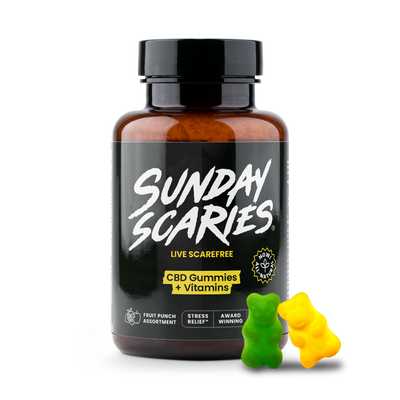 CBD Gummies
Stress Relief
CBD Gummies
Stress Relief
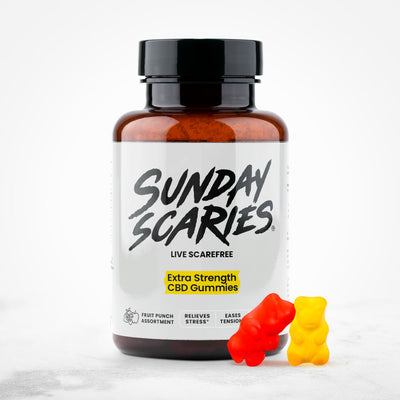 Extra Strength CBD Gummies
Stress Relief
Extra Strength CBD Gummies
Stress Relief
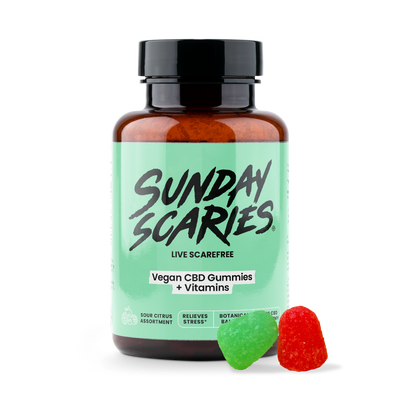 Vegan CBD Gummies
Stress Relief
Vegan CBD Gummies
Stress Relief
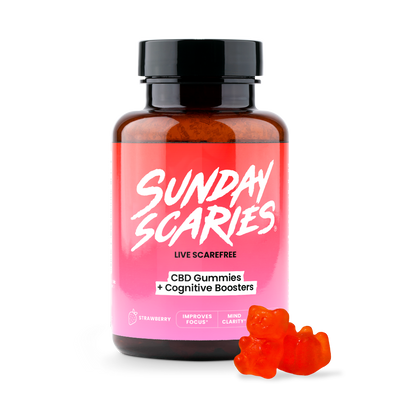 CBD Gummies for Focus
Focus Boost
CBD Gummies for Focus
Focus Boost
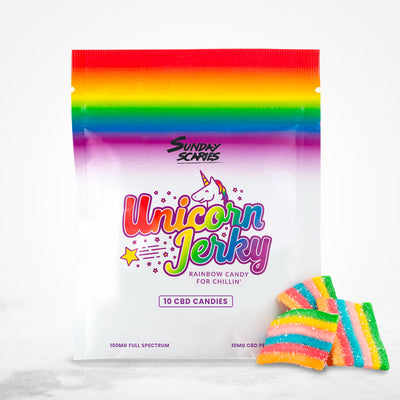 CBD Candy
Mood Lift
CBD Candy
Mood Lift
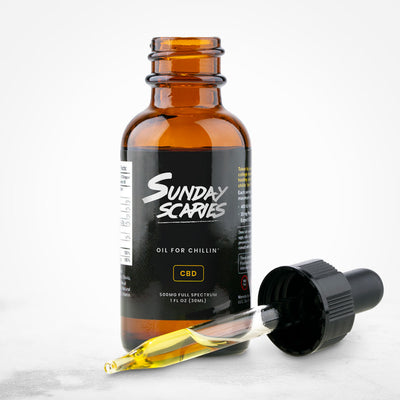 CBD Daytime Oil
Stress Relief
CBD Daytime Oil
Stress Relief
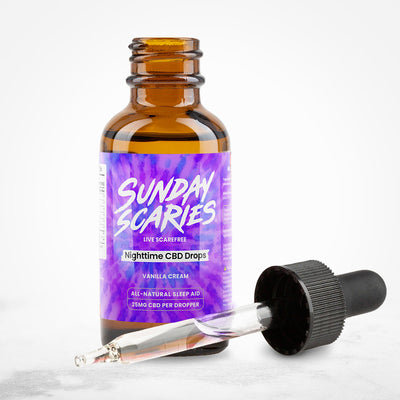 CBD Sleep Oil
Sleep Aid
CBD Sleep Oil
Sleep Aid
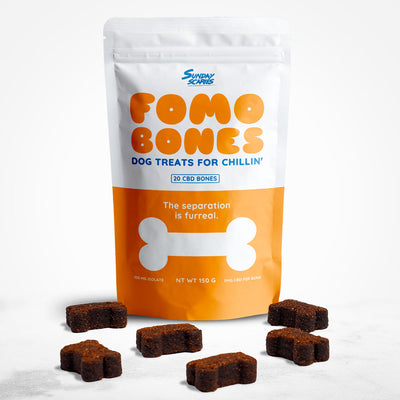 CBD Dog Treats
Stress Relief
CBD Dog Treats
Stress Relief
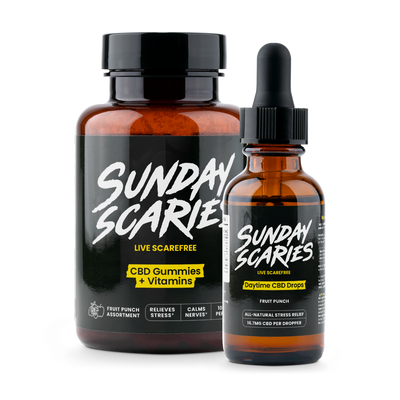 Side Piece Bundle
Stress Relief
Side Piece Bundle
Stress Relief
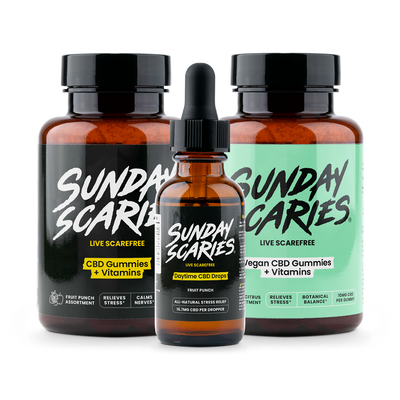 Rando Bundle
Stress Relief
Rando Bundle
Stress Relief
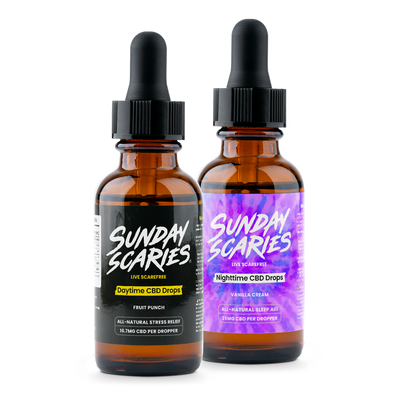 Sunrise & Sunset CBD Oil Bundle
Stress Relief
Sunrise & Sunset CBD Oil Bundle
Stress Relief
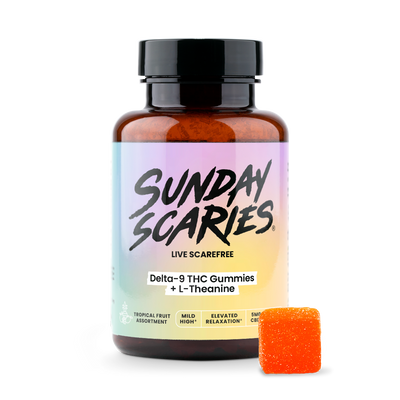 5mg Delta-9 Gummies
Euphoria
5mg Delta-9 Gummies
Euphoria
 10mg Delta-9 Gummies
Euphoria
10mg Delta-9 Gummies
Euphoria
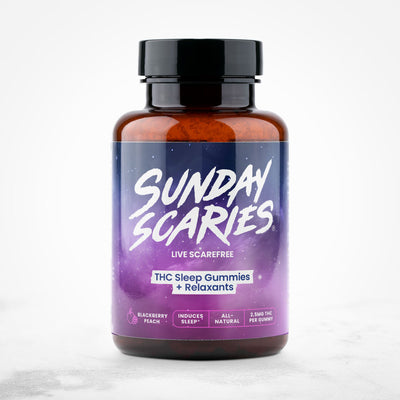 THC Gummies for Sleep
Sleep Aid
THC Gummies for Sleep
Sleep Aid
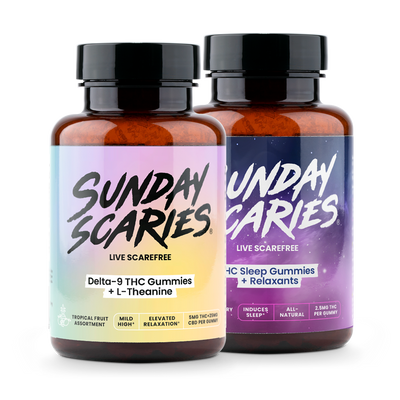 Day & Night THC Gummies Bundle
Stress Relief
Day & Night THC Gummies Bundle
Stress Relief
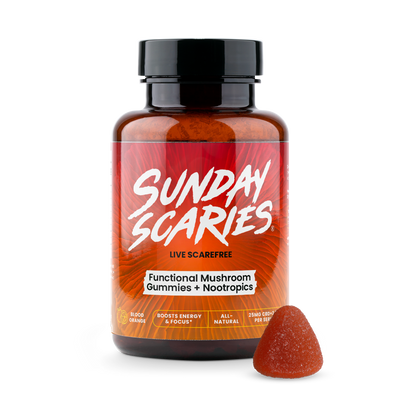 Mushroom Gummies
Focus Boost
Mushroom Gummies
Focus Boost
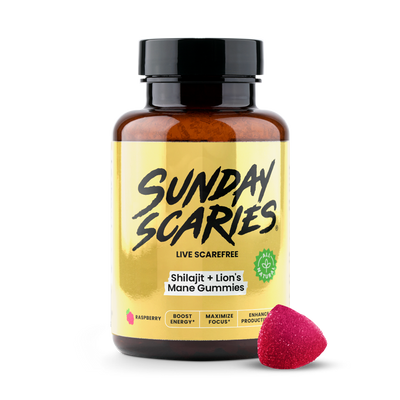 Shilajit Gummies
Focus Boost
Shilajit Gummies
Focus Boost
 Sunday Scaries Hat
Sunday Scaries Hat
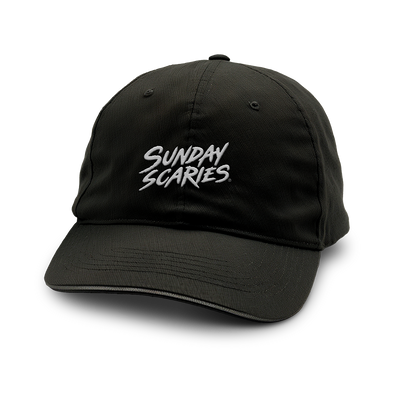 Sunday Scaries Dad Hat
Sunday Scaries Dad Hat
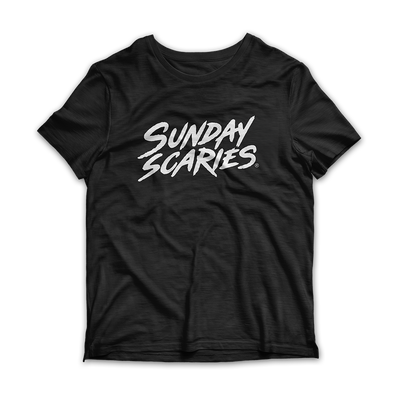 Sunday Scaries T-Shirt
Sunday Scaries T-Shirt
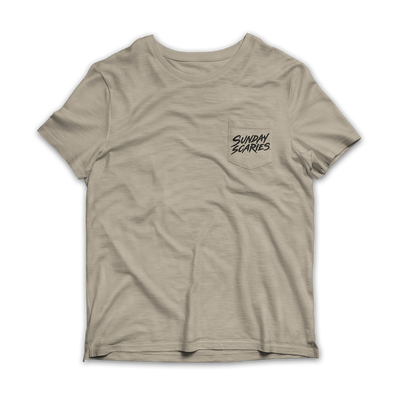 Sunday Scaries Pocket Tee
Sunday Scaries Pocket Tee
 Sunday Scaries Tank Top
Sunday Scaries Tank Top
 Sunday Scaries Sweatshirt
Sunday Scaries Sweatshirt
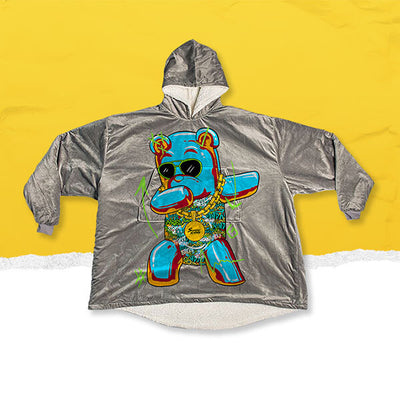 Sunday Scaries Blanket Jacket
Sunday Scaries Blanket Jacket
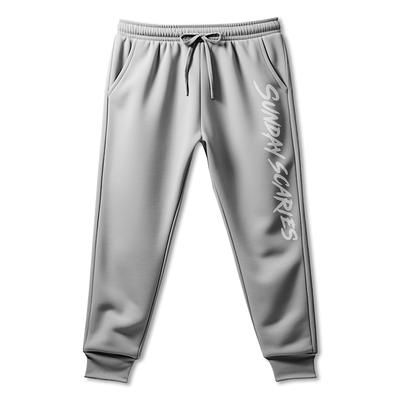 Sunday Scaries Sweatpants
Sunday Scaries Sweatpants
